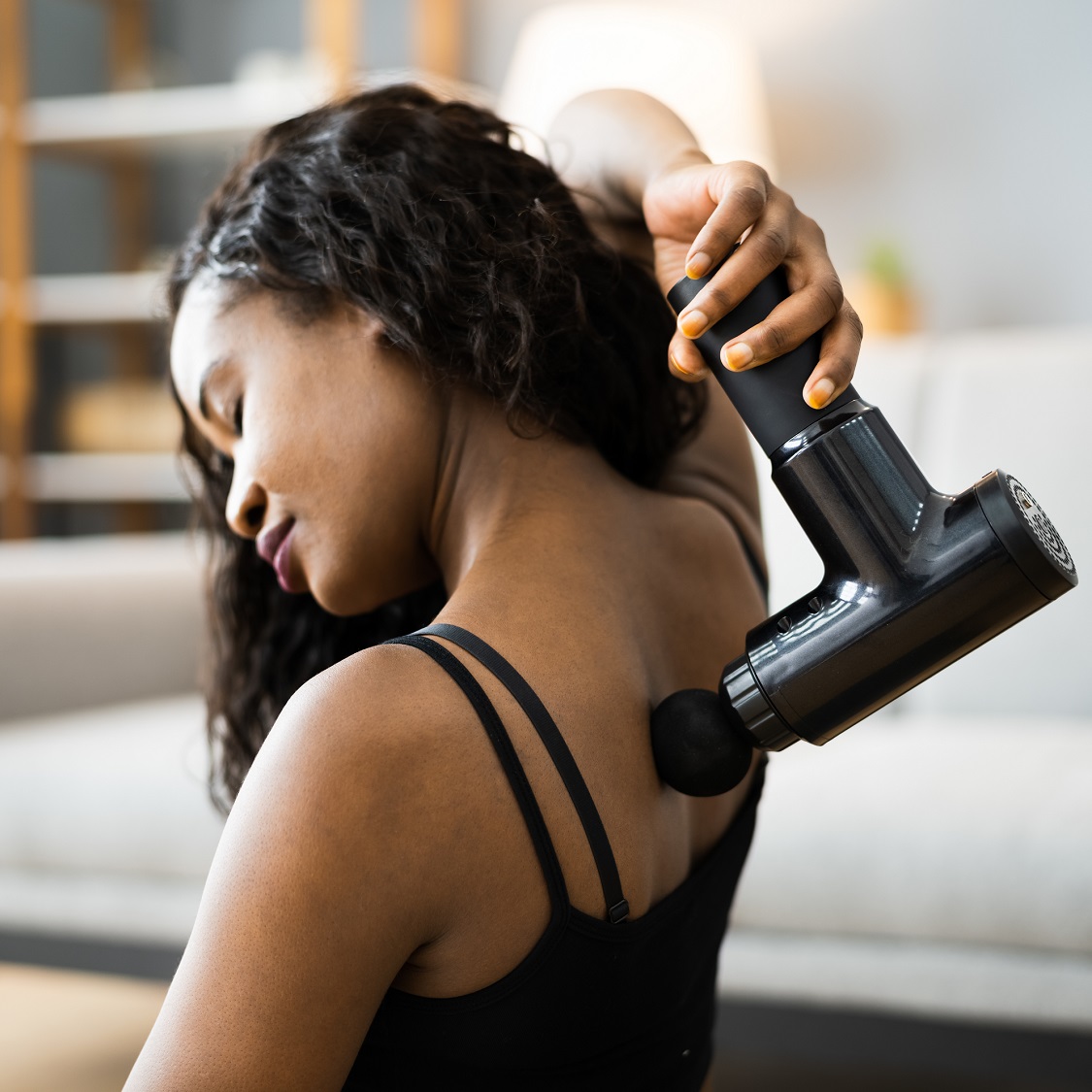6 Tips For Running A Marathon For Beginners

June 20, 2022
Whether you are new to running or training for your first marathon, get off on the right foot by avoiding common running injuries.
Heed these tips from Stephen Silver, M.D., chief of Sports Medicine at Hackensack University Medical Center:
- Use the 10% rule
Beginners often start running too fast, too early in their run, which often leads to injuries like runner’s knee, shin splint or muscle pull.
“Use the 10% rule, which means increasing your weekly mileage in increments of 10%. This means if you’re running 10 miles a week, you can increase your mileage by 10% every week”, advises Dr. Silver. “Training for a marathon is a process and it should be done gradually.” - Wear the right running shoes
Wearing the wrong size shoe or worn out running shoes are one of the most common causes of running injuries.
Dr. Silver recommends going to your local running shoe store and getting fitted by an expert. They will be able to evaluate your foot type and make personalized recommendations based on your needs. - Focus on good nutrition
The food you consume is just as important as the miles you run. A good nutrition plan will help increase your energy level, prevent dehydration and optimize your recovery time.
“Your three basic macronutrients include carbs, protein, and fat - which should be a must in your diet”, says Dr. Silver. Dr. Silver also recommends taking carbohydrate snacks an hour before your run, which will fuel your body. - Stay hydrated
Drinking too much water or drinking too little water can both harm your run. Drinking too much water can lead to stomach slosh and drinking too little water can lead to dehydration.
Dr. Silver recommends drinking enough water an hour before your run. In general, it is recommended to drink 64 ounces of water every day. If you are running long distances, you can take a little sip of water every 20 minutes to keep hydrated. - Warm up before your run
Warming up prepares your body for running, reducing the risk of injury. One of the best forms of warming up is dynamic stretching, which involves active movement of joints and muscles to their full range.
Foam rolling and using a massage gun are another form of warm up that you can use to increase blood flow and loosen up the tight muscles, which helps the muscles to relax and recover. - Don’t run through pain -
Running injuries are common, so it’s important to know when to hit the pause button. When in pain or discomfort, Dr. Silver recommends rest, ice, compression and elevation (R.I.C.E).
Take three days and consider substituting running with swimming or light walking for a while. If you’re not feeling better in two weeks, it's time to see the doctor.
Race day success tips:
- Take a carbohydrate snack and fluids an hour before your run
- Take a sip of water every 20 minutes during your run
- Don’t run too fast in the beginning, you want your first mile to be slower than your last mile
- Warm up before the start
- Don’t wear new clothing or shoes during race day
- If you start to get tired or fatigued, slow your pace until you can catch your breath
- Most importantly, have fun!
Listen to Dr. Stephen Silver, who talked us through some tips and tricks for running a marathon for beginners.
Next Steps & Resources:
- Meet our source: Stephen Silver, M.D.
- To make an appointment with Dr. Silver, or a doctor near you, call 800-822-8905 or visit our website.
The material provided through HealthU is intended to be used as general information only and should not replace the advice of your physician. Always consult your physician for individual care.
Find a doctor near me
How to Stay Safe With New Workout Trends

Stay safe with new workout trends. Learn expert tips from Drs. Dambeck, Parikh, & Silver for safe fitness. Schedule an appointment today.
How to Protect Yourself From Common Sports Injuries

Sports and physical activities bring plenty of benefits, from improving physical and mental health to relieving stress to helping with weight management. But they could also put you at risk of injury if you’re not careful.
Find a doctor near me

Are Massage Guns Good for You? A PT Explains
Learn if massage guns benefit you. A physical therapist explains proper use, benefits, and when to avoid them. Schedule an appointment today.

How Much Water You Should Drink, According to a Doctor
Staying hydrated is vital to your health and wellness. Here’s how much water to consume and tips for avoiding dehydration.

How to Avoid Injury After A Long Workout Break
Avoid workout injuries after a break. Dr. Delavaux shares expert tips for safe exercise resumption. Prevent injuries and return to fitness gradually. Call 800-822-8905.

Why Do Your Knees Hurt When You Squat?
Knee pain when squatting? Learn why from Dr. Russoniello and find relief. JFK University Medical Center offers expert care. Call 800-822-8905.
